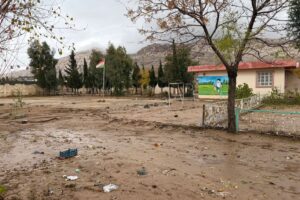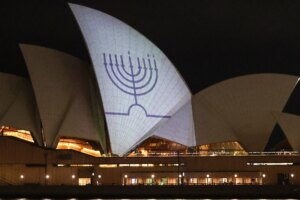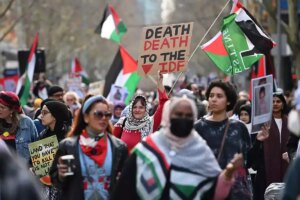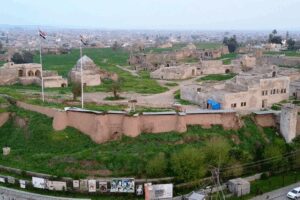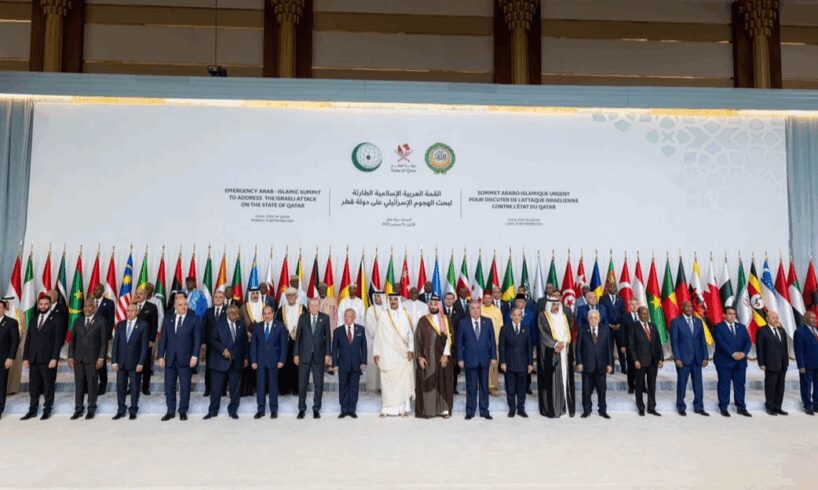
2025-09-16T09:37:59+00:00
font
Enable Reading Mode
A-
A
A+
Shafaq News
The Arab-Islamic summit in Doha ended with a
strong communiqué condemning Israel’s September 9 strike on Qatar and pledging full
solidarity with the Gulf state. While such declarations are not new, the
language this time — paired with GCC moves to convene defense meetings and
activate joint deterrence mechanisms — raises the question of whether Arab
states are edging from symbolic denunciations toward practical coordination.
From Rhetoric to Structure
Unlike previous summits that largely stopped
at condemnation, the Doha meeting placed collective security at the center of
its message. Arab and Islamic leaders reaffirmed that “an attack on one state
is an attack on all,” and endorsed steps toward activating mechanisms of joint
defense. The GCC communiqué went further, ordering an urgent meeting of the
Joint Defense Council and instructing the unified military command to begin taking
measures on deterrence.
Iraqi Push for the Arab Defense Pact
In Baghdad, the parliamentary Foreign
Relations Committee said such a move was anticipated. Committee member Mukhtar
al-Moussawi told Shafaq News, “What happened in Doha reflects a new awareness
in Arab capitals of the need to face risks collectively and prevent Israel from
exploiting divisions. Baghdad will push for activating the Arab Joint Defense
Agreement and for building frameworks of security and economic coordination
with Islamic states.”
Political analyst A’ed al-Hilali also noted
Iraq’s readiness to engage, “Iraq stressed at the summit its willingness to
coordinate with Arab and Islamic partners to reinforce collective security and
build a unified political stance that puts an end to aggression and foreign
interference. This summit is a turning point for reviving joint Arab-Islamic
action.”
Old Concept, New Urgency
Observers acknowledge that the idea of a
joint Arab force is not new. Egyptian researcher Mounir al-Adib pointed out to
Shafaq News that the project “has been proposed before and already has funding
and support,” but the Israeli strike on Qatar has injected fresh urgency.
“The escalation has alarmed the Gulf and the
broader Arab region. A joint force could help protect the region and strengthen
its security framework,” al-Adib said.
Divergent Paths: Military or Political?
Not all experts see military escalation as
the answer. Retired Saudi Gen. Abdullah Ghanem al-Qahtani explained to Shafaq
News that Arab coordination must remain within the framework of political and
legal principles. “The priority is safeguarding the region’s future and
stability.”
Saudi writer and analyst Mubarak al-Ati
agreed, predicting more emphasis on diplomatic and legal work, and considering
the next phase will likely see Arab delegations active in world capitals to
pursue Israel over its violations through legal and diplomatic channels.
Pressure vs. Constraints
Others, however, insist that stronger
measures are necessary. Jordanian analyst Kamal Zaghloul argued that Doha moved
the Arab position “from condemnation to rejection,” but warned this must be
backed by real action.
“This requires steps such as reducing ties
with Israel, closing airspace to its flights, or applying collective Arab
pressure on the United States. Yet achieving a unified stance will remain
difficult because of some states’ official and commercial relations with Tel
Aviv.”
Outlook
The Doha summit has revived debate on whether
Arab and Islamic states can transform collective security from a rhetorical
principle into an operational strategy. But what is clear is that Israel’s
strike on Doha has jolted regional capitals into reconsidering the limits of
mere condemnation.
Written and edited by Shafaq News staff.
